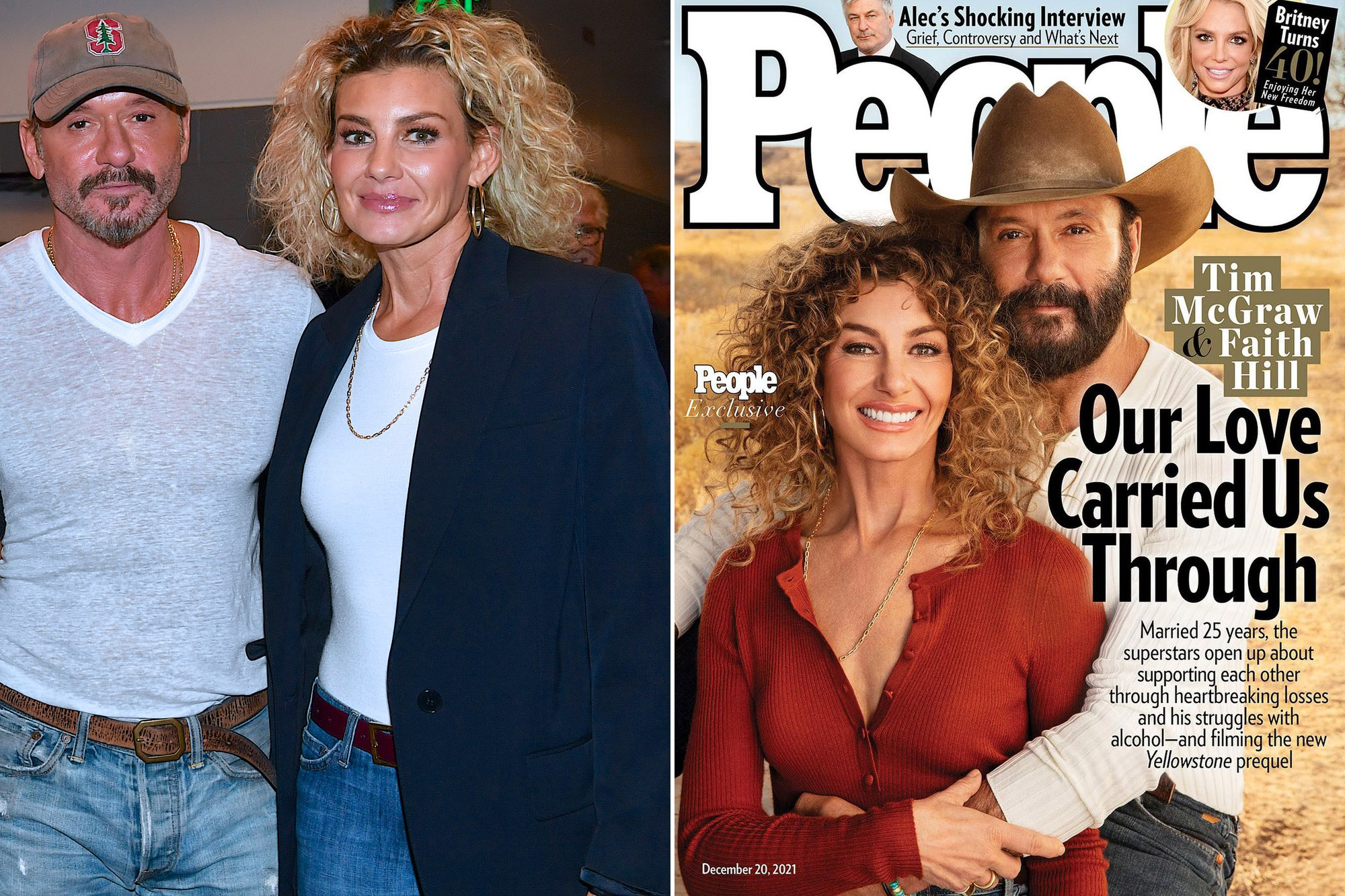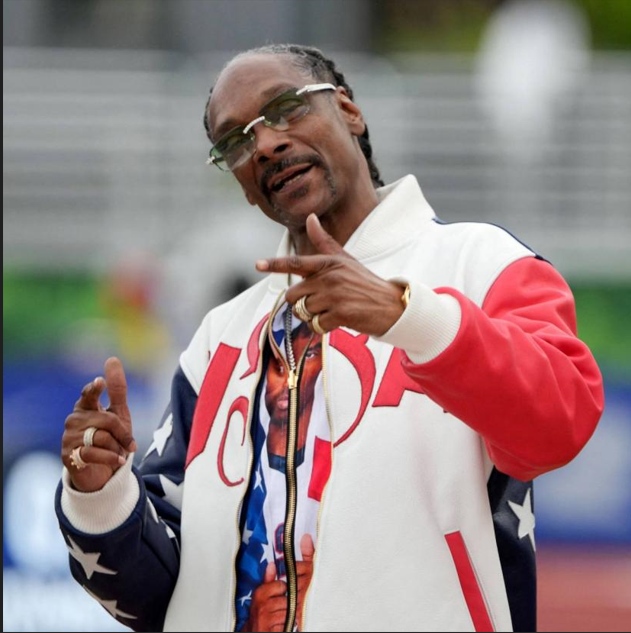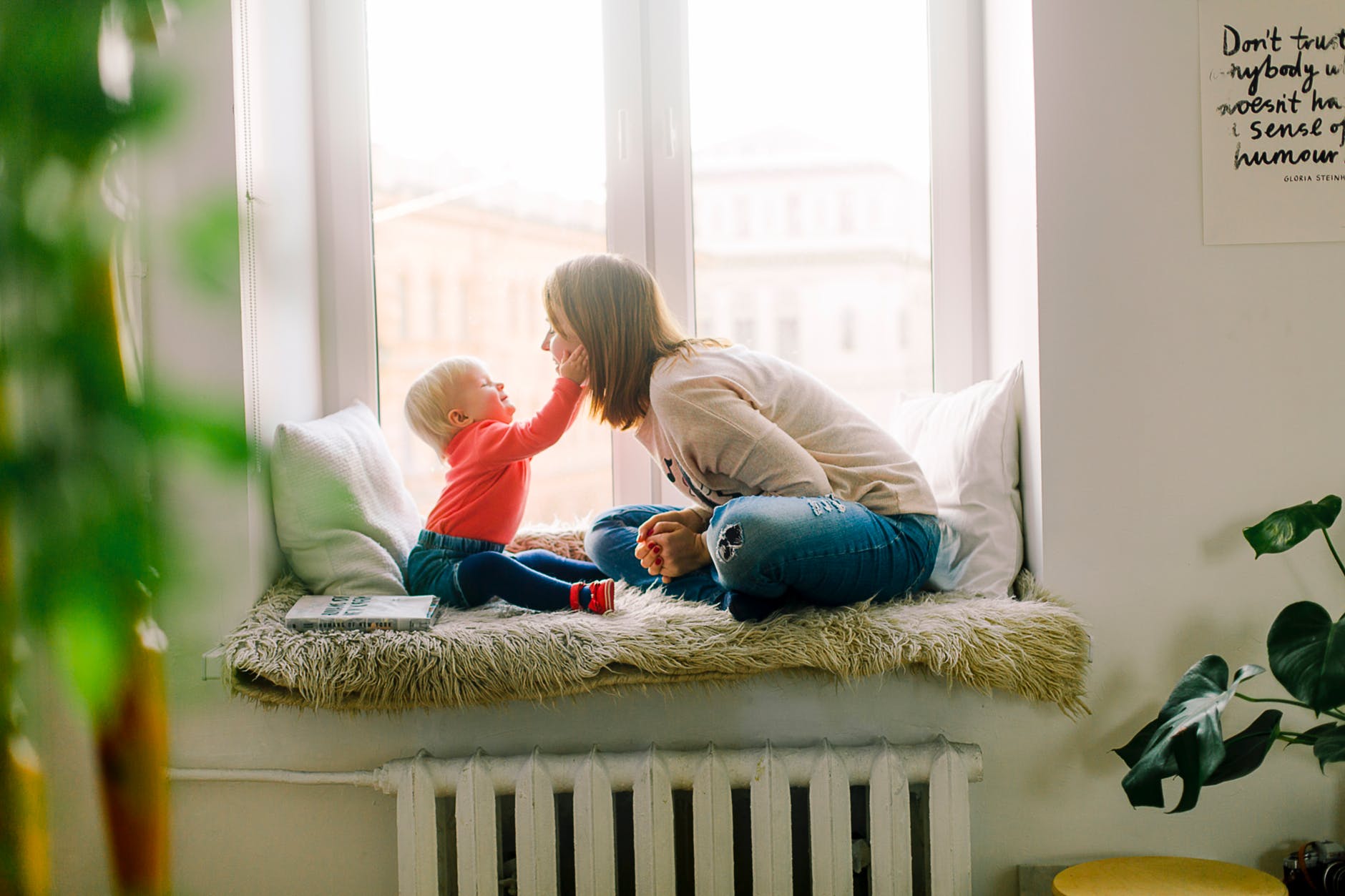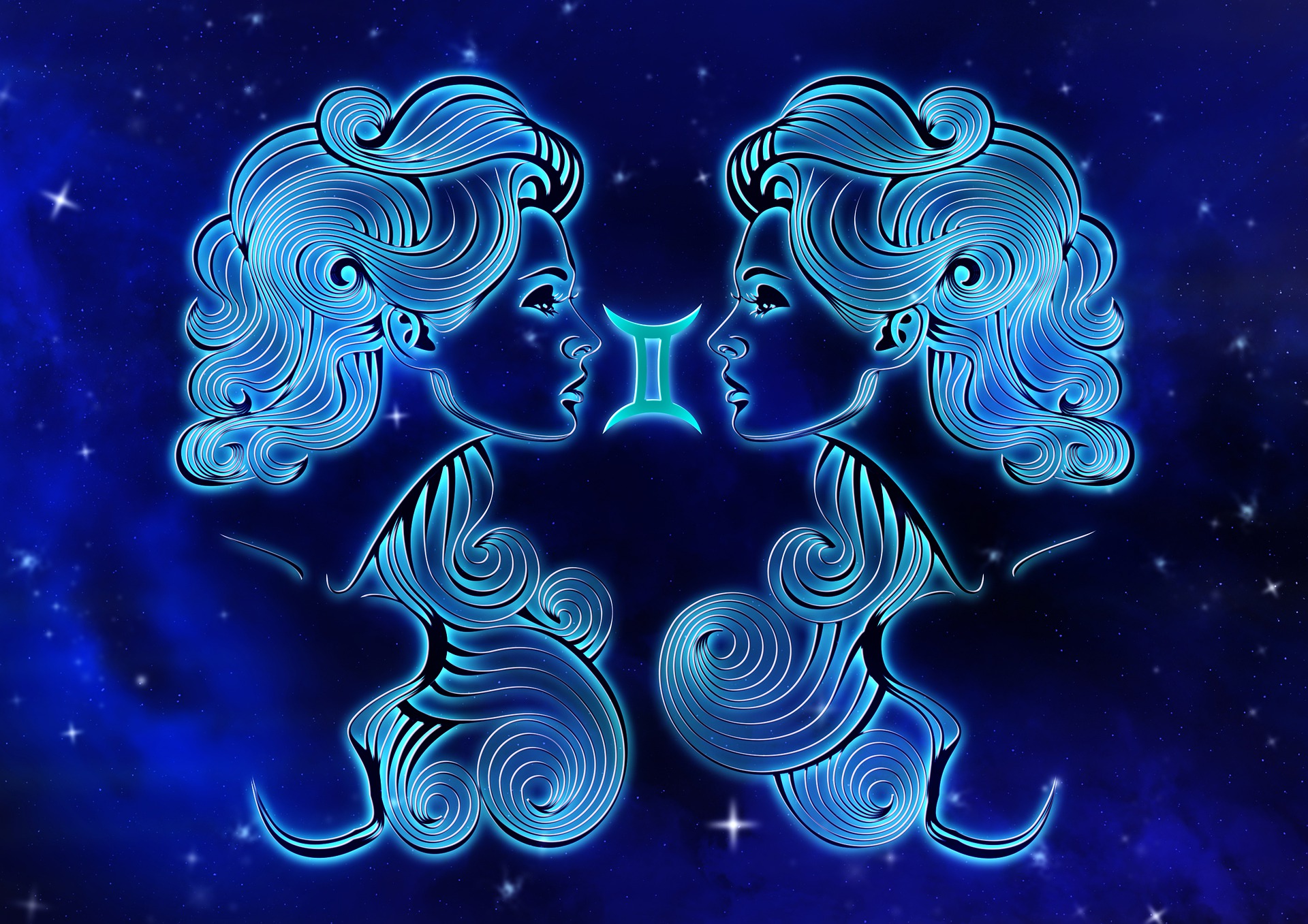Nick Cannon will no longer be working with ViacomCBS, according to the company.
In a statement provided to PEOPLE on Tuesday, a ViacomCBS spokesperson said that the company has decided to cut ties with the Wild ‘n Out host, 39, after he “failed to acknowledge or apologize for perpetuating anti-Semitism” in a recent episode of his YouTube channel’s “Cannon’s Class” series.
“ViacomCBS condemns bigotry of any kind and we categorically denounce all forms of anti-Semitism,” the statement read. “We have spoken with Nick Cannon about an episode of his podcast ‘Cannon’s Class’ on YouTube, which promoted hateful speech and spread anti-Semitic conspiracy theories.”
“While we support ongoing education and dialogue in the fight against bigotry, we are deeply troubled that Nick has failed to acknowledge or apologize for perpetuating anti-Semitism, and we are terminating our relationship with him.”
The spokesperson added that ViacomCBS is “committed to doing better in our response to incidents of anti-Semitism, racism, and bigotry.”

Cannon has had a decades-long working relationship with ViacomCBS. In addition to starring in a variety of shows on the company’s owned networks, including Nickelodeon and MTV, he was named the chairman of TeenNick in 2009.
A representative for Cannon did not immediately respond to PEOPLE’s request for comment.
On June 30, Cannon published a video on YouTube featuring an interview with former Public Enemy member Richard “Professor Griff” Griffin, who was ousted for the group for his own anti-Semitic remarks made in an interview with the Washington Post in 1989.
In the video, the two discussed anti-Semitic conspiracy theories.
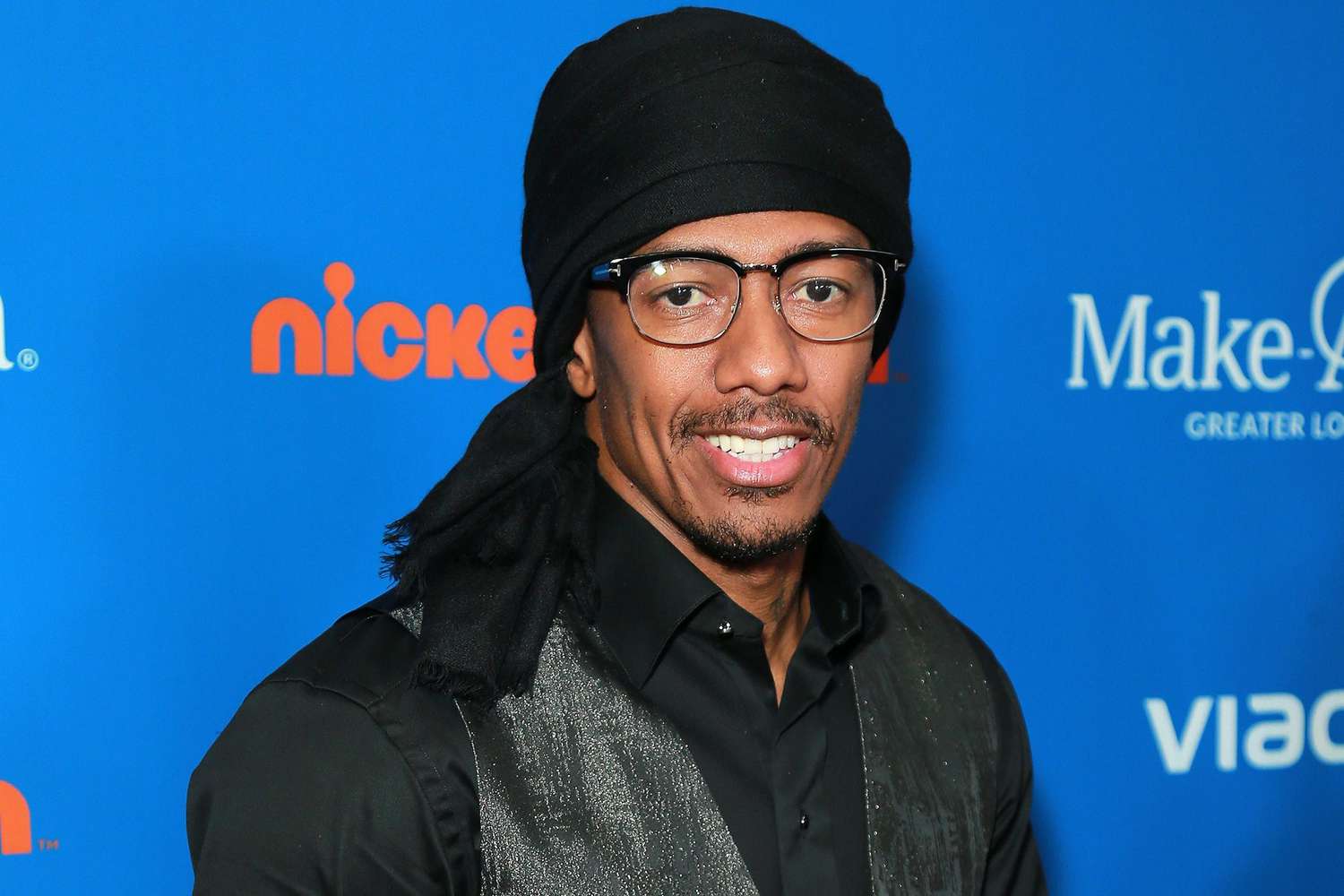
Cannon initially released a statement in the wake of the video’s backlash, writing on his Facebook, “Anyone who knows me knows that I have no hate in my heart nor malice intentions. I do not condone hate speech nor the spread of hateful rhetoric. We are living in a time when it is more important than ever to promote unity and understanding.”
“The Black and Jewish communities have both faced enormous hatred, oppression persecution and prejudice for thousands of years and in many ways have and will continue to work together to overcome these obstacles,” he said. “When you look at The Media, and other sectors in our nation’s history, African Americans and The people of the Jewish community have partnered to create some of the best, most revolutionary work we know today.”
“I am an advocate for people’s voices to be heard openly, fairly and candidly. In today’s conversation about anti-racism and social justice, I think we all – including myself – must continue educating one another and embrace uncomfortable conversations – it’s the only way we ALL get better. I encourage more healthy dialogue and welcome any experts, clergy, or spokespersons to any of my platforms to hold me accountable and correct me in any statement that I’ve made that has been projected as negative.”
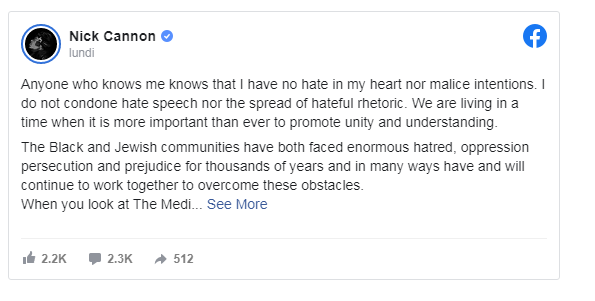
He continued, “Until then, I hold myself accountable for this moment and take full responsibility because My intentions are only to show that as a beautiful human species we have way more commonalities than differences, So let’s embrace those as well as each other. We All Family!”
Cannon later addressed the controversial video in an interview with Fast Company, explaining that “in a time like 2020 we got to have these conversations.”
“And if there’s an assumption that is perceived as ignorant, let’s debunk it right away,” he said.
“My podcast is specifically an academic podcast to have tough and difficult conversations based off of text. And if we read something and something’s not accurate, let’s do away with it,” Cannon continued. “I can’t wait to sit down with some people that can help educate me and help further this conversation. I want to be corrected.”
However, the comedian did not specifically apologize for the video, telling the magazine, “To me apologies are empty.”
“Are you forcing me to say the words ‘I’m sorry’? Are you making me bow down, ’cause then again, that would be perpetuating that same rhetoric that we’re trying to get away from,” he said.
“What we need is healing. What we need is discussion. Correct me. I don’t tell my children to say, ‘I’m sorry.’ I want them to understand where they need to be corrected. And then that’s how we grow.”
.
Image Source:*people.com
Source:people.com

